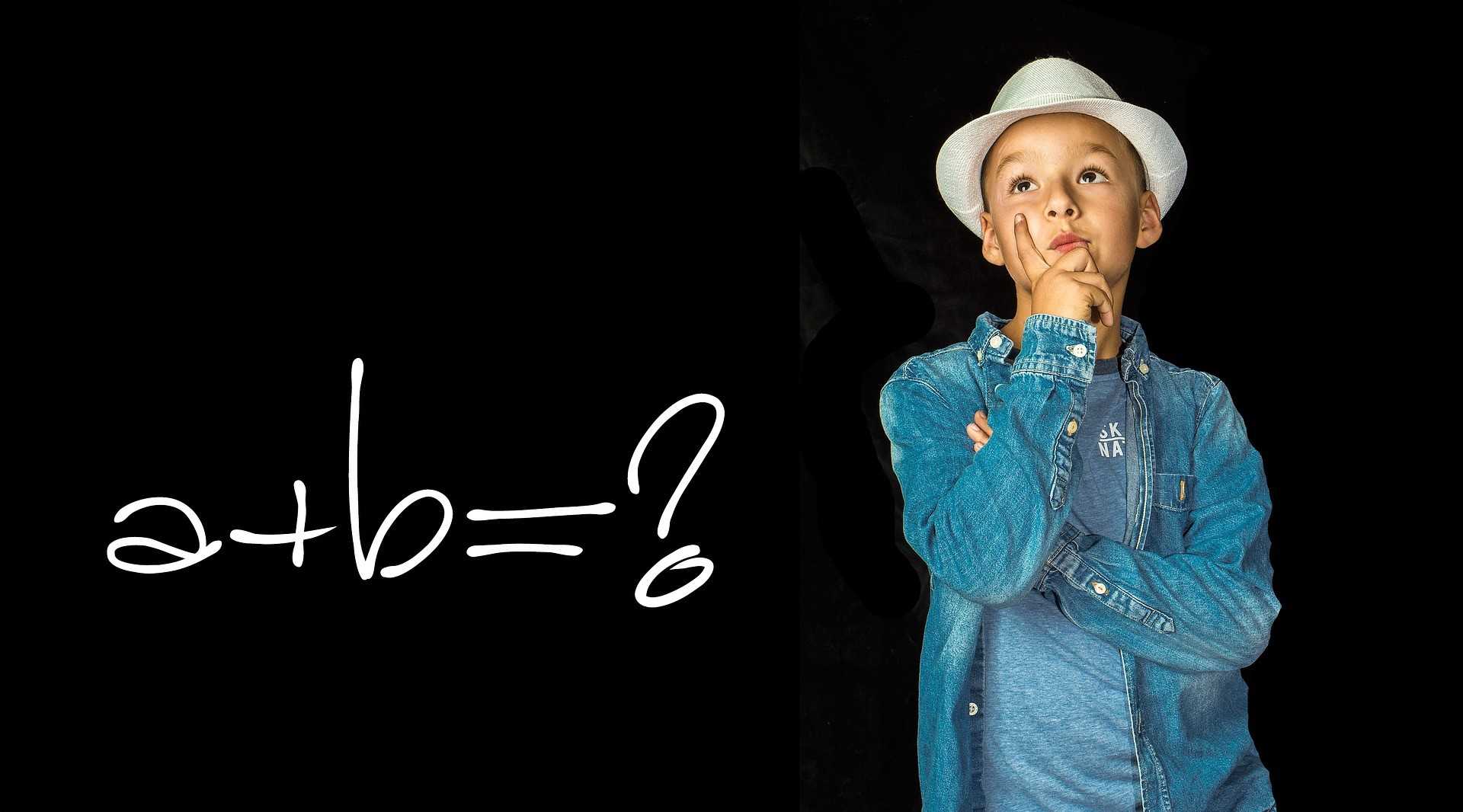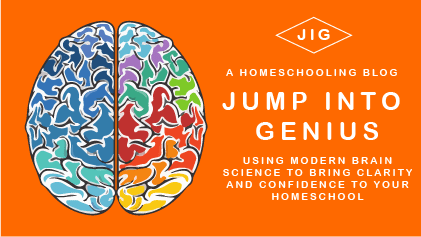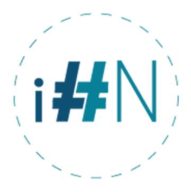
Math is separate from life. It is vastly different than all other subjects, and therefore, could never be integrated like other subjects can be. It is abstract and unnecessary. We should not ask that all kids learn so much math, after all, how many of them will use it in their life?
Let’s put aside for a moment the obvious flaws, such as the fact that without math, you will not be able to truly understand your finances and make and keep a budget.
You won’t know if the sales lady rings up your discount wrong and overcharges you. You won’t know if buying the little jar of jam costs five times as much as buying the big jar of jam.
You won’t be able to quickly multiply admissions to zoo’s, museums, and events by the number of people you need to pay for.
You won’t understand how the various costs associated with a vacation are going to add up, in order to know if you can actually afford that vacation or not.
You may not understand whether or not you can afford a certain house (don’t scoff, I have known plenty of people who did not get this, and no, it is not ultimately the banks job to know, it is your life, and you will be the one who suffers from a payment you can’t afford, not the bank.)
But I digress, I said we were going to ignore all of those practicalities for now, because I want to address another problem with down-sizing math education. The unfilled jobs. While many people cannot find work, companies also claim they cannot find the skills needed to fill certain positions and the jobs go unfilled. The most commonly sited lacking skills have to do with communication and lack of basic math competency.
Many jobs require an understanding of mathematics. Computers programmers are one example of an in-demand job where math skills are needed and as more systems become automated that demand will only increase. What many fail to understand is that if you are not a good mathematician, you will not be a good programmer.
During my teenage son’s brief foray into the public school system, he met many kids who had low math grades yet aspired to become computer programmers. They lacked any understanding and realization that their knowledge of math would be a key to this career and they should, therefore, do their math homework. My son, on the other side of things, did his homework, got the grade, had hands-on experience dabbling in computer programming, and promptly decided to become an artist.
The discrepancy was not that these other kids would be more capable programmers. Unfortunately, they simply have no idea what programming is, and I fear because of that they will not be prepared to succeed in the field. My son, on the other hand, knows what it is, and knows himself well enough to know it is not his cup of tea, so to speak.
Programming is a language that relies on a knowledge of the language of numbers. The underlying skill is logical thinking. Math teaches logical thinking in a way no other subject can parallel. Sure, some programmers today may lack this skill, but those programmers will never rise to the top of their field. They will never create clean, compelling, beautiful code. They will rely on others to do the thinking for them and will mainly be focused on following the sets of rules. The rules are created by the ones who know how to think, and therefore know the best way to tell the computer how to think.
If we want to bridge the skills gap we must encourage the next generation to step into the world with their biggest commodity, the commodity of a smart brain which has learned how to think and learn. Without mathematical advances, we would not have computers.
It’s time to stop crying “Irrelevant!” and give the math the credit for the advances in technology that it truly deserves.
Advances no other subject could have given birth to.
It might be easier to quit teaching kids how to think. But it will not be good, not for our kids and not for our society. What we need is better math education. If we go back in history we find math was full of word-problems that required students to think through the problems. Arithmetic was not presented outside of life. It was just another part of life. One of a few skills (along with reading and writing) that could lift you up out of poverty and servitude. Let’s quit talking about going backward.
If you are wondering if my artist son still has to study math, the answer is a resounding yes.
First of all, I believe as an artist he will need numbers.
Second, I do not believe he is done learning how to think logically, and math will continue to develop that skill in him.
Third, he likes math, because math has taught him more than any other subject the joy of conquering what once seemed impossible.
He believes he can learn anything, and math is what gave him that belief.


